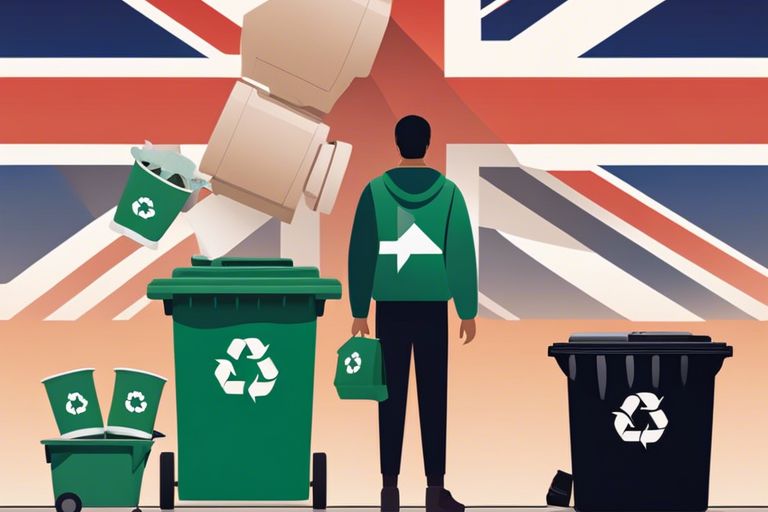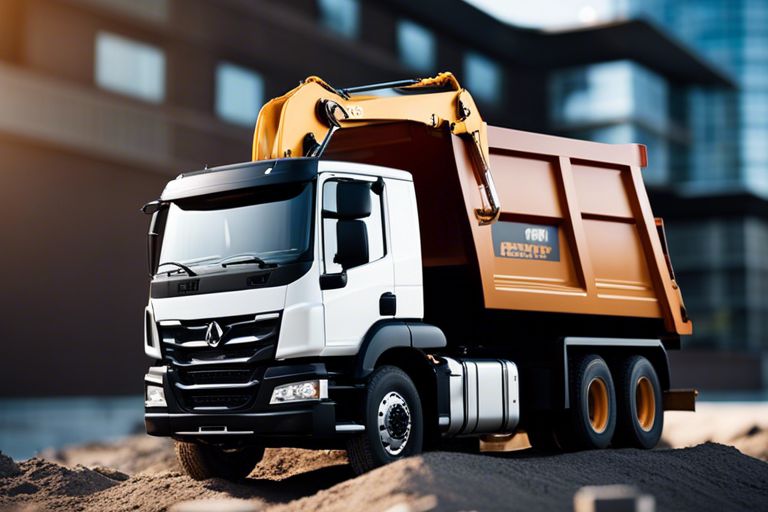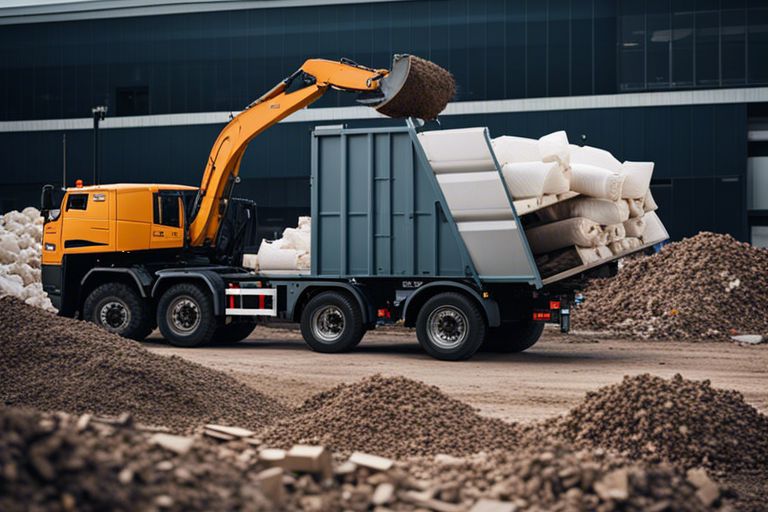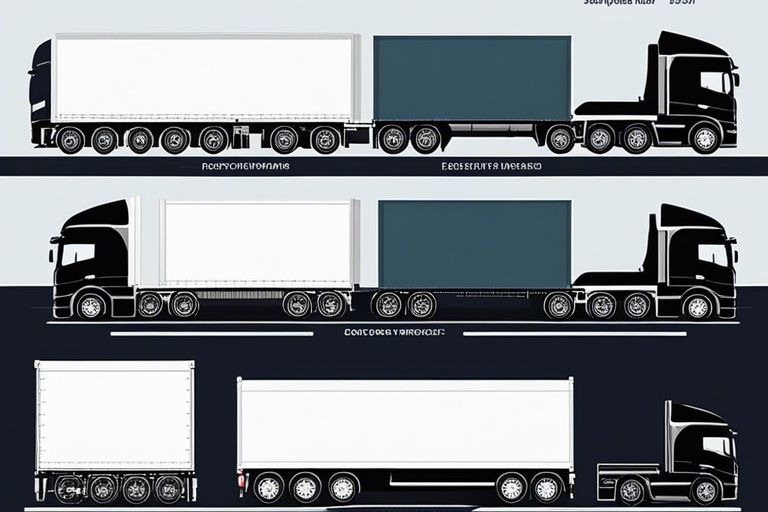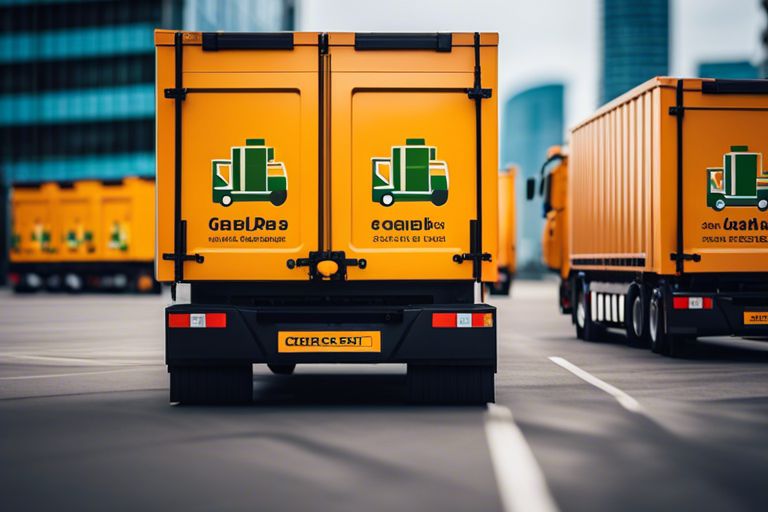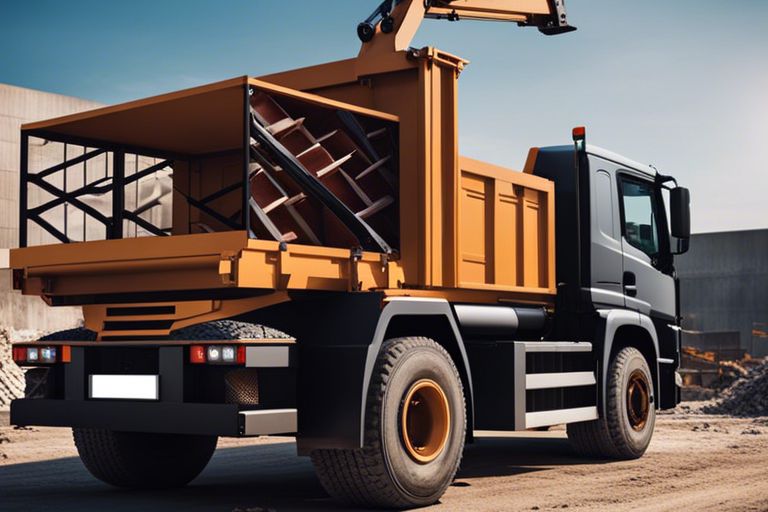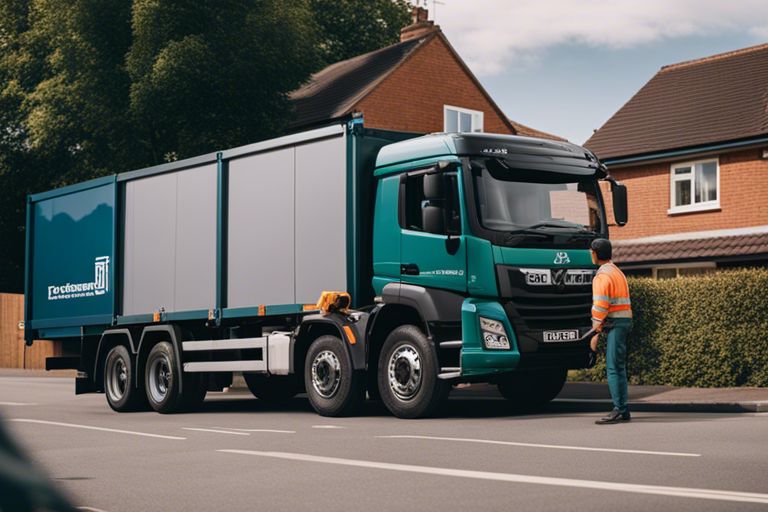Oftentimes, homeowners find themselves at a loss when it comes to navigating the complex world of waste removal regulations in the UK. However, it is crucial to have a clear understanding of these critical guidelines in order to avoid potential fines and protect the environment. In this comprehensive guide, we will break down the most important aspects of UK waste removal regulations that every homeowner should be aware of. From hazardous waste disposal to recycling requirements, we will provide you with the essential knowledge needed to ensure that you are in compliance with the law and contributing to a cleaner, safer environment.
Key Takeaways:
- Waste classification: It is important for homeowners to understand the classification of waste to ensure proper disposal and adherence to regulations.
- Legal responsibilities: Homeowners are legally responsible for the disposal of their waste and must ensure it is done in compliance with UK regulations.
- Environmental impact: Proper waste removal is essential for minimising the environmental impact of household waste and contributing to a sustainable future.
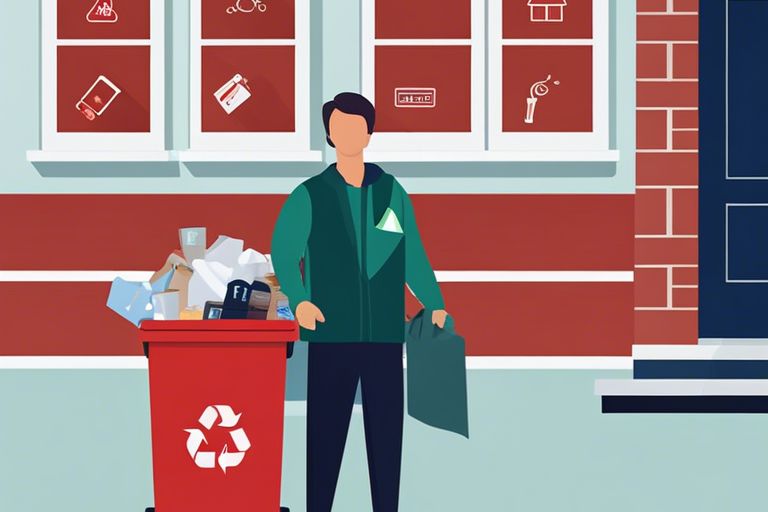
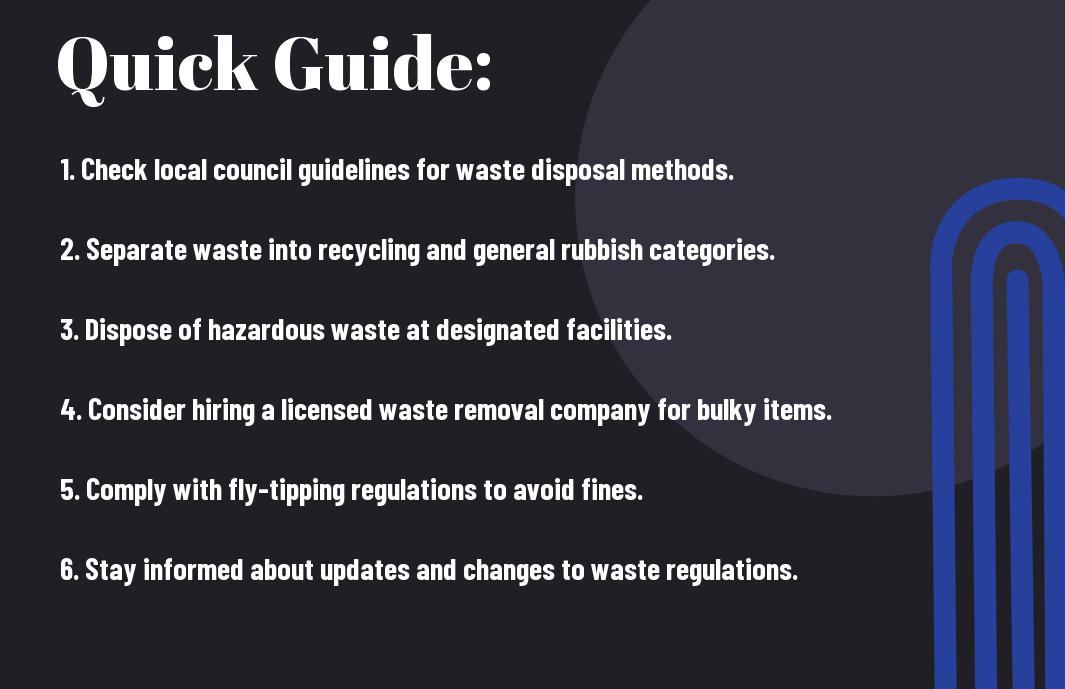
Types of Household Waste
When it comes to managing our household waste, it’s important to understand the different types of waste that we generate. By categorising and separating our waste, we can ensure that it is disposed of correctly in accordance with UK waste removal regulations.
- General Household Waste
- Recyclable Materials
- Hazardous Waste
- Garden and Organic Waste
The information should be broken down into a
| Step | Description |
| 1 | Assessing Your Waste Removal Needs |
| 2 | Segregating Waste According to Regulations |
| 3 | Scheduling Collection Services |
| 4 | Handling Oversized or Unusual Waste |
Assessing Your Waste Removal Needs
Before embarking on waste removal, it is crucial to assess your specific waste removal needs. Consider the types of waste you generate, the amount of waste, and any unique disposal requirements for hazardous materials.
Identifying your waste removal needs will enable you to make informed decisions regarding the appropriate disposal methods and collection services for your specific waste stream.
Segregating Waste According to Regulations
Segregating waste according to regulations is a fundamental aspect of responsible waste management. By separating your waste into distinct categories such as recyclables, organic matter, and general waste, you can facilitate the recycling process and prevent contamination.
Ensure that you familiarise yourself with the Waste management – duty of care requirements outlined by Newcastle City Council here to uphold your duty of care in managing and disposing of waste.
In addition to segregating waste at the source, it is essential to store different waste streams separately to maintain their integrity and facilitate efficient recycling and disposal processes.
Scheduling Collection Services
Once you have assessed your waste removal needs and segregated your waste, the next step is to schedule collection services. Identify reputable waste removal companies or local council services that offer collection and disposal services for your specific waste types.
Establishing a regular collection schedule will enable you to maintain a clean and hygienic living environment while ensuring that your waste is responsibly disposed of in compliance with regulations.
It is imperative to communicate any special requirements or restrictions with the collection service providers to ensure that they are prepared to handle your waste appropriately.
Handling Oversized or Unusual Waste
When dealing with oversized or unusual waste items that may not fit into standard waste containers, it is important to make special arrangements for their collection and disposal. Contact your waste collection service provider to inquire about their protocols for handling such items.
Items such as furniture, appliances, and construction materials require special attention to ensure they are disposed of safely and responsibly. Do not attempt to dispose of these items through regular waste collection methods, as they may require specific handling and disposal processes.
Factors Influencing Waste Removal in the UK
When it comes to waste removal in the UK, there are several factors that homeowners need to consider. Understanding these factors is crucial for ensuring compliance with the UK waste removal regulations.
- Local council policies and procedures
- Environmental considerations
- Cost implications for homeowners
Any homeowner must take these factors into account when dealing with waste removal to avoid potential legal and financial consequences. For more detailed information, please refer to the
Guidance on the legal definition of waste and its application.
Local Council Policies and Procedures
Local council policies and procedures play a significant role in the waste removal process. Each council has its own regulations for waste collection, recycling, and disposal. Homeowners must familiarise themselves with these regulations to ensure compliance and avoid potential fines or penalties.
Environmental Considerations
When it comes to waste removal, environmental considerations are paramount. Homeowners must be aware of the environmental impact of their waste and take necessary measures to minimise it. Sorting waste for recycling and proper disposal is essential to limit the negative impact on the environment.
Any responsible homeowner should be proactive in adopting sustainable waste removal practices to reduce their carbon footprint and contribute to a cleaner, healthier environment for future generations.
Cost Implications for Homeowners
Cost implications are also a crucial factor for homeowners when it comes to waste removal. Hiring skip services, arranging for special waste collections, or paying for disposal at the local tip can all incur expenses. It is essential for homeowners to weigh these costs and budget accordingly for waste removal.
Homeowners should also explore cost-effective waste removal options such as recycling and composting, which can help reduce overall expenditure on waste management.
Tips for Efficient Waste Management at Home
Effective waste management at home is crucial for both the environment and public health. By implementing efficient waste management practices, homeowners can contribute to a cleaner and safer community. Here are some tips to help you manage your household waste effectively:
- Reduce, Reuse, Recycle
- Use Composting
- Proper Segregation of Waste
- Minimise Single-Use Plastics
- Dispose of Hazardous Materials Responsibly
The benefits of efficient waste management at home are countless. Not only does it reduce environmental impact, but it also promotes sustainability and responsible waste disposal practices.
Reducing Waste Generation
One of the key aspects of efficient waste management is reducing waste generation at the source. This can be achieved by avoiding the purchase of unnecessary items, opting for products with minimal packaging, and embracing a zero-waste lifestyle. By being mindful of consumption habits, households can significantly decrease the amount of waste produced.
Maximizing Recycling Endeavours
Maximising recycling efforts is essential for diverting waste from landfills and conserving natural resources. Take advantage of local recycling facilities and separate recyclable materials from general waste. Furthermore, consider purchasing products made from recycled materials to support the recycling industry and reduce the demand for new resources.
When maximising recycling endeavours, remember the 3 Rs: Reduce, Reuse, Recycle. The goal is to minimise waste generation and increase the lifespan of materials through sustainable practices.
Safely Disposing of Hazardous Materials
When it comes to hazardous materials such as batteries, electronic devices, and chemicals, it is imperative to safely dispose of these items to avoid environmental contamination and health risks. Many local councils and waste management facilities provide specific collection points for hazardous waste. Always follow the recommended guidelines for disposal and never mix hazardous items with regular household waste.
The proper disposal of hazardous waste not only protects the environment but also prevents potential harm to human health and wildlife. Responsible handling of hazardous materials is crucial for a safer and cleaner living environment.
Pros and Cons of Different Waste Disposal Methods
Below is a breakdown of the pros and cons of various waste disposal methods, including curbside collection, recycling centres, private waste removal services, and DIY waste disposal options.
Curbside Collection
Curbside collection is a convenient waste disposal method for homeowners, as the waste is collected directly from their property. This method helps keep residential areas clean and reduces the chance of illegal dumping. However, curbside collection may not be suitable for large or bulky items, and there are often restrictions on the types of waste that can be collected.
Recycling Centers
Recycling centres provide an opportunity for homeowners to responsibly dispose of their waste by separating recyclable materials. This method helps reduce environmental impact and promotes sustainability. However, some recycling centres may have limited operating hours and locations, making it difficult for homeowners to access these facilities.
Recycling centres also offer the chance to dispose of hazardous waste materials such as batteries, electronics, and chemicals in a safe and environmentally friendly manner.
Private Waste Removal Services
Private waste removal services offer homeowners flexibility and convenience, often allowing for the disposal of large or bulky items that may not be suitable for curbside collection. However, these services typically come with a cost, and there is a risk of unlicensed or unprofessional operators causing environmental harm through improper disposal methods.
It’s important to research and choose a reputable waste removal service to ensure responsible and legal disposal of waste.
DIY Waste Disposal Options
DIY waste disposal options such as composting and mulching can be cost-effective and environmentally friendly. However, these methods may not be suitable for all types of waste, and improper disposal can lead to environmental contamination. It’s crucial for homeowners to understand the best practices for DIY waste disposal to avoid negative impact on the environment.
Furthermore, hazardous waste materials should never be handled through DIY methods, as they require special handling and disposal procedures to prevent harm to human health and the environment.
Understanding UK Waste Removal Regulations – A Guide for Homeowners
It is essential for homeowners to have a clear understanding of waste removal regulations in the UK to ensure that they comply with the law and protect the environment. This guide has provided valuable insights into the various regulations and requirements that homeowners need to be aware of when it comes to waste disposal. By familiarising themselves with the guidelines outlined in this guide, homeowners can ensure that they dispose of their waste responsibly and avoid potential fines or legal repercussions. It is crucial for homeowners to stay informed and up to date with any changes in waste removal regulations to ensure they are always in compliance. By following the advice and regulations outlined in this guide, homeowners can play their part in maintaining a clean and sustainable environment for future generations.
Understanding UK Waste Removal Regulations – A Guide for Homeowners
Q: What are the regulations for waste removal in the UK?
A: Waste removal in the UK is governed by strict regulations to ensure waste is disposed of in an environmentally friendly manner. Homeowners must comply with these regulations when disposing of waste from their property.
Q: What types of waste are covered by the regulations?
A: The regulations cover a wide range of waste, including household waste, garden waste, construction waste, and hazardous waste. Each type of waste has specific guidelines for disposal.
Q: How can homeowners dispose of their waste in compliance with the regulations?
A: Homeowners can dispose of their waste through authorised waste collection services, recycling centres, or by hiring licensed waste removal companies. It is important to separate different types of waste and dispose of them accordingly.
Q: What are the penalties for non-compliance with waste removal regulations?
A: Non-compliance with waste removal regulations can result in fines, legal action, and harm to the environment. It is essential for homeowners to adhere to the regulations to avoid these consequences.
Q: Where can homeowners find more information about waste removal regulations?
A: Homeowners can find detailed information about waste removal regulations on the government’s official websites, local council websites, and through licensed waste removal companies. It is important to stay informed and follow the regulations to contribute to a cleaner and healthier environment.
We’re here to help.
For the best, latest prices – call us directly for a fast quote.
Office Location
Phone
Company
Opening Hours
- Monday: 9:00 AM - 17:00
- Tuesday: 9:00 AM - 17:00
- Wednesday: 9:00 AM - 17:00
- Thursday: 9:00 AM - 17:00
- Friday: 9:00 AM - 17:00
- Saturday: 9:00 AM - 17:00
- Sunday: 10:00 AM - 14:00
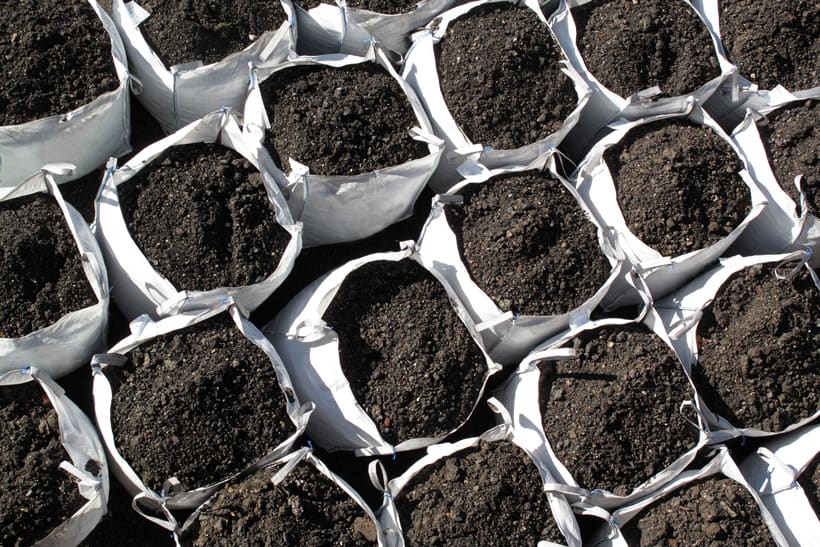
Flash Sale
- 17 tonnes of topsoil
- Free Delivery
- High Quality
- Only £200

